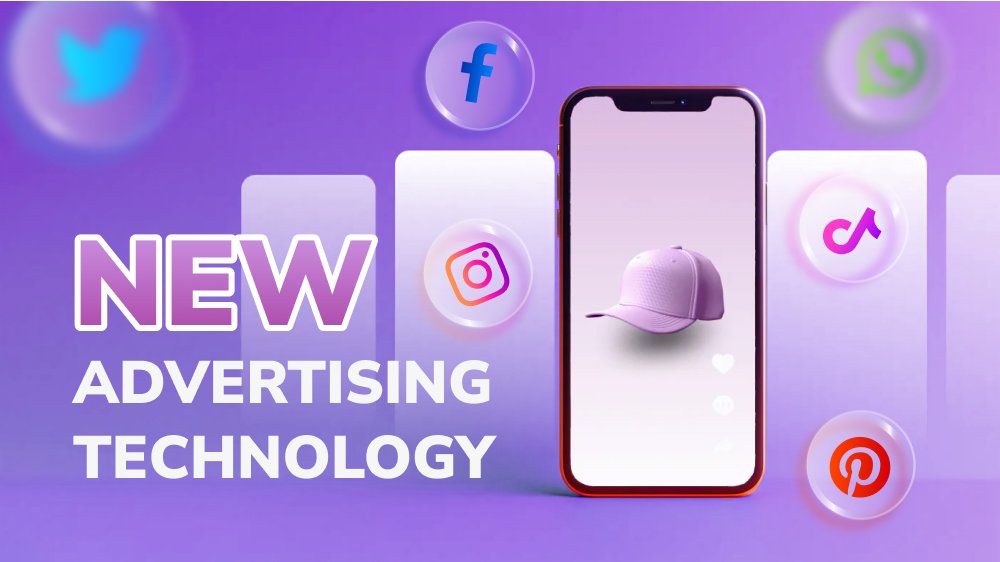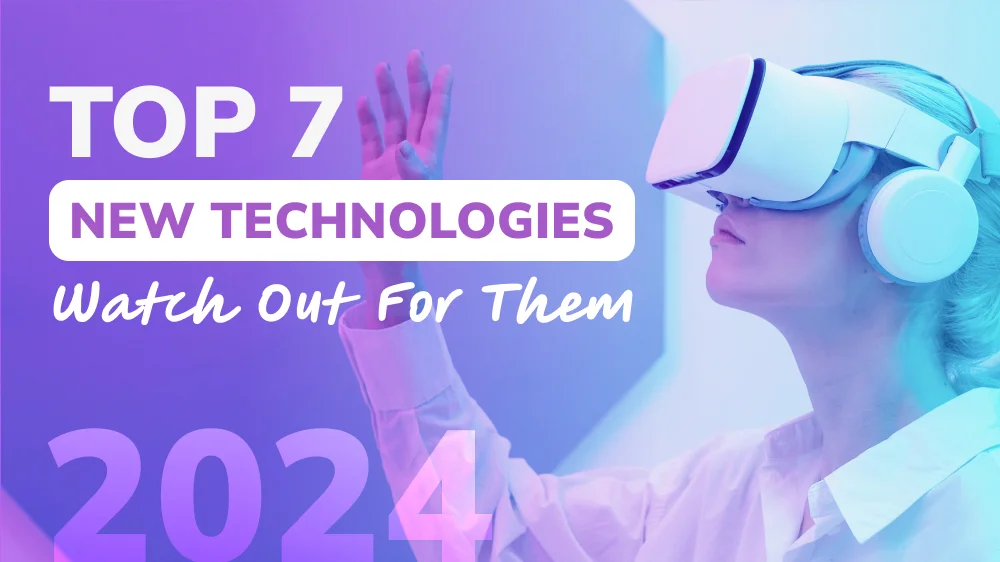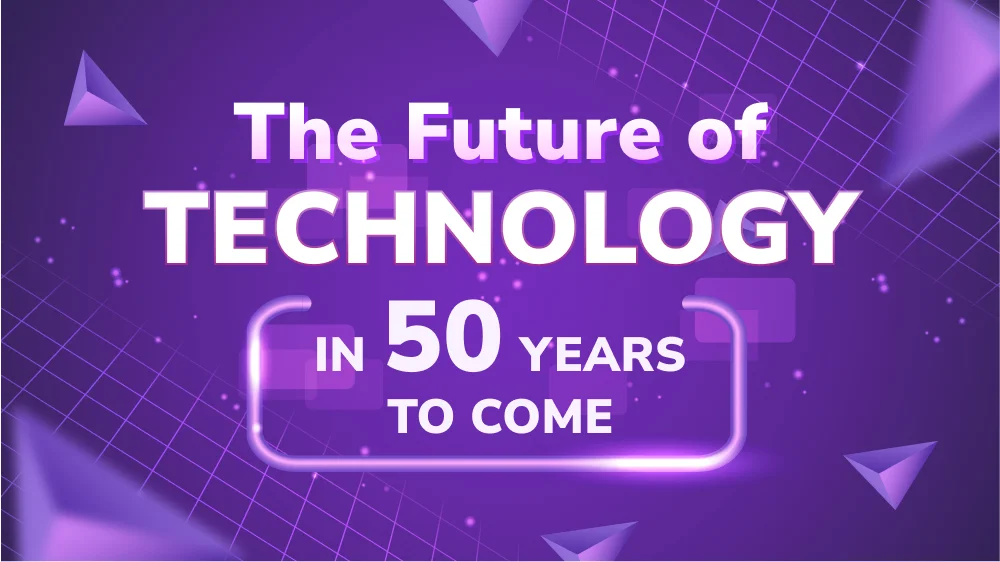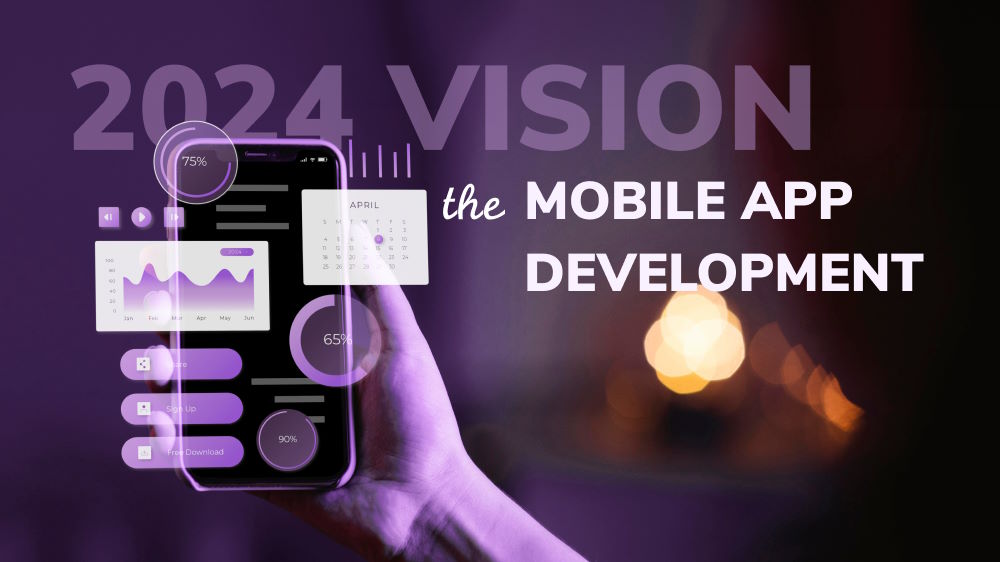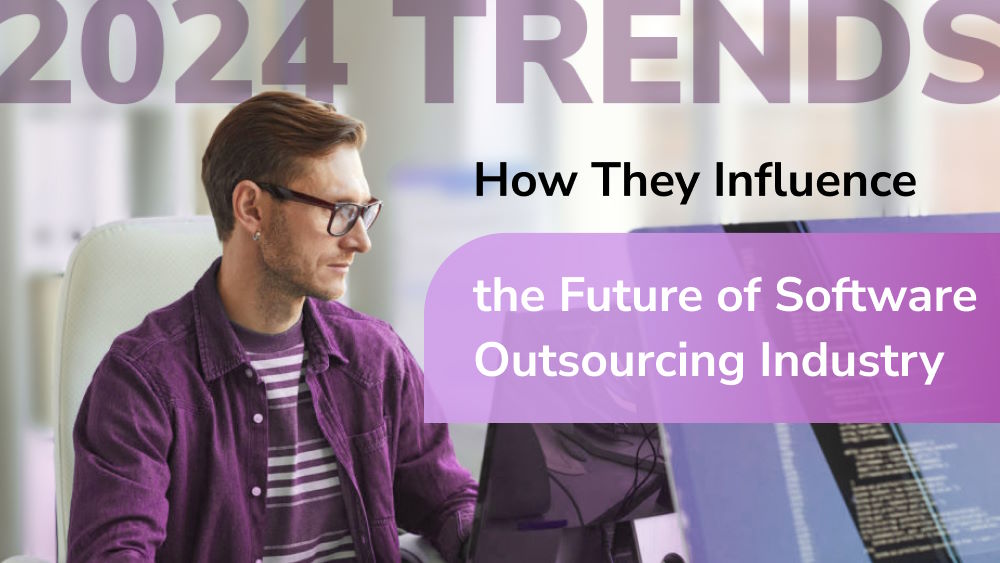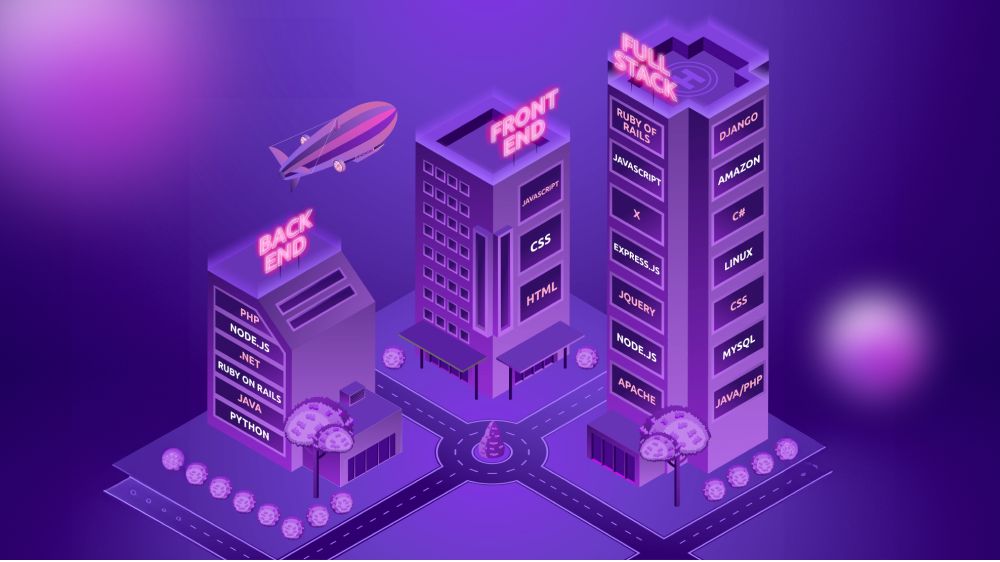
Navigating the Payment Gateway Trends: Take Your Business to the Next Level
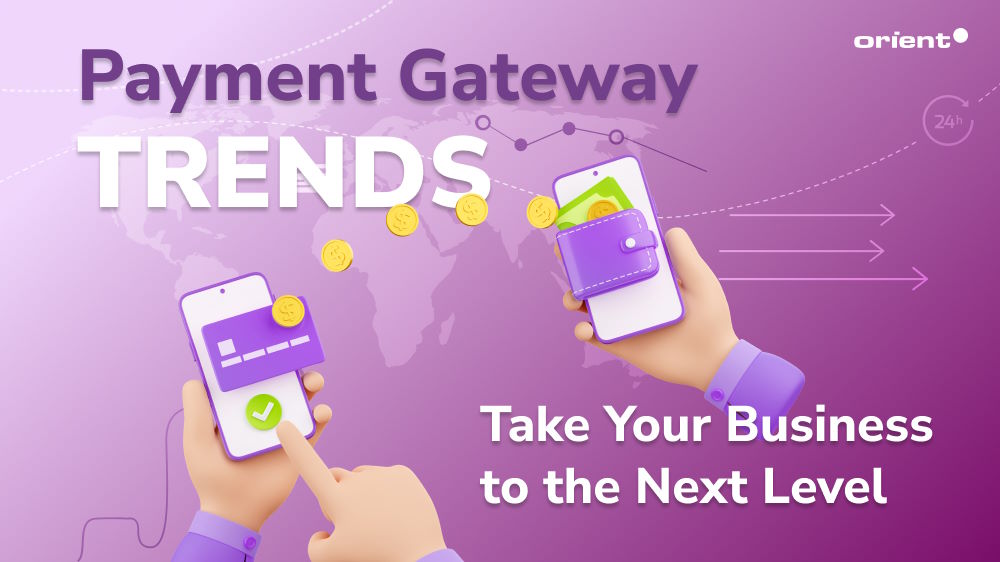
Content Map
More chaptersFast-paced technology has transformed almost every aspect of life, including the way we pay our day-to-day bills. The COVID-19 pandemic also had a major impact on the payment gateway ecosystem. Companies and consumers have learned how to manage their financial lives by adapting to the ever-evolving payment methods.
However, the pandemic alone isn’t enough to reshape the entire payment landscape. It is the customer’s behavior, too, that has made different payment methods, like online payment, increasingly popular. Then, what emerging trends do a business need to watch out for? What are the challenges that may come with it? This article will discuss these questions while also taking a quick look at how far the payment industry has grown.
How Has the Payment Industry Evolved?
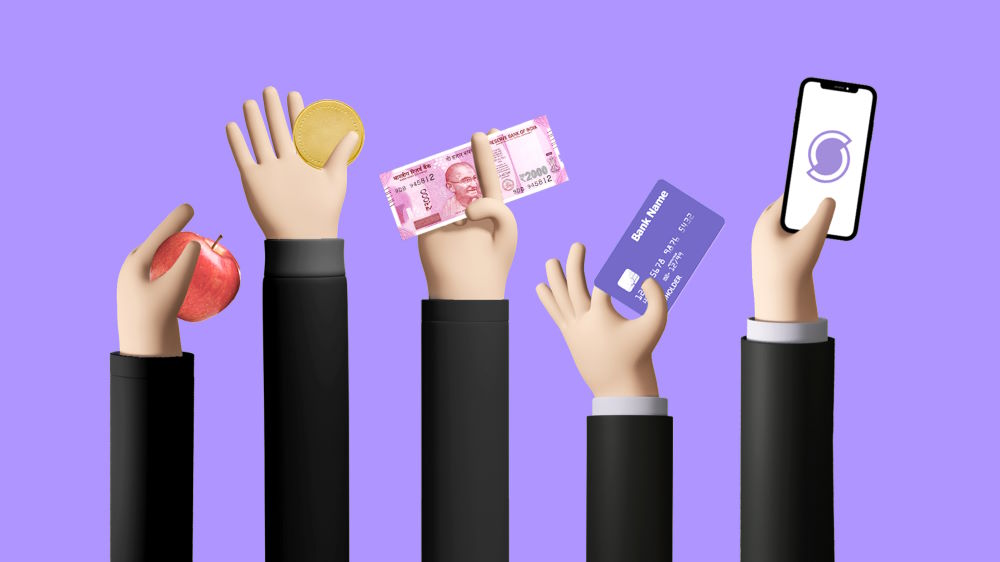
Did you know it took humans thousands of years to invent and use paper money? We have gone a long way from exchanging goods for goods to all sorts of digital payments.
If we take a very brief look at the evolution of the payments industry, we went from a barter system (where goods are exchanged directly without the medium of money) to the use of coins, then drawn notes - now known as cheques, then to credit card terminals in the 70s. After this succession of events, the Internet came along in the 20th century. This is when the digital payment method came into play.
During the 21st century, digital payments have developed in leaps and bounds. Novel concepts, such as cryptocurrencies, mobile wallets, or tap-to-pay, are slowly becoming a big part of the payments industry. Cheques, credit or debit cards, and cash are still used in our day-to-day lives, only that many consumers have started to prefer digital payment methods.
The birth of the Internet has also prompted the emergence of new business models, which then demanded a new payment method that could meet the needs of Internet-based businesses. This marks the beginning of payment gateway companies like PayPal. With the boom of online shopping, users have become more and more reliant on online payment methods.
Consumers are seeking easier and faster ways to pay for their transactions. In order to boost your revenue, you need to stay in the game and stay ahead by updating the latest payment gateway trends.
What Is a Payment Gateway?
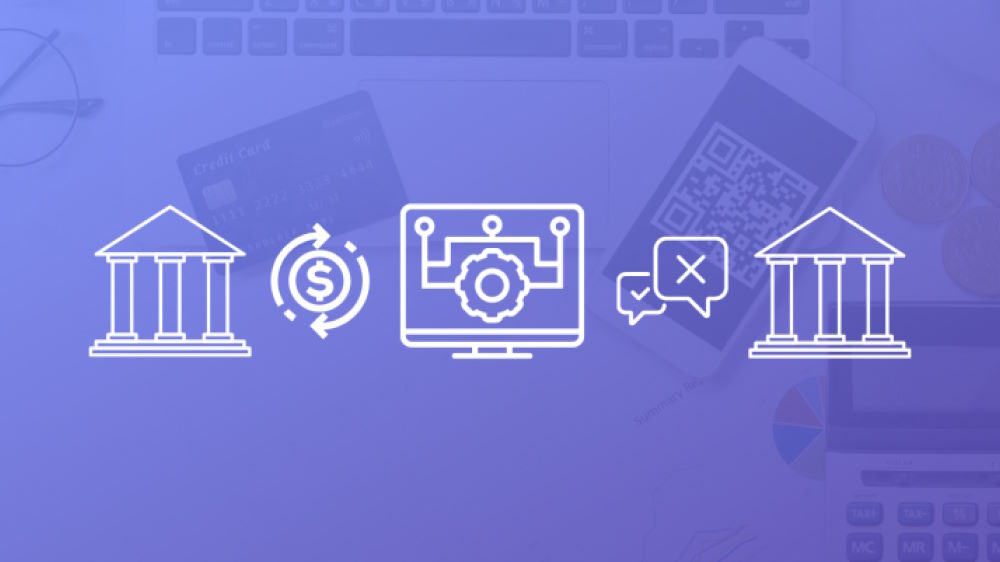
Definition
Investopedia identifies a payment gateway as a technology utilized by merchants to facilitate the acceptance of debit or credit card payments from customers. It encompasses not only card-reading devices used in physical retail stores but also payment processing portals used in online stores.
In other words, it acts as a middleman between the buyer and seller.
Are Payment Gateways and Payment Processors the Same Thing?
When talking about digital payment methods, in addition to payment gateways, you will most certainly come across another term: payment processors. They can be easily confused and even used interchangeably at times. But are they the same thing?
A payment processor and a payment gateway are not the same, but they go hand in hand. In most cases, a payment gateway and payment processor work together, especially if you are a business that accepts digital payment methods, mobile payments, or point-of-sale payments. The payment gateway collects payment information from your customers and sends it to your payment processor, which then takes care of the financial side of the transaction. This two-way communication makes online payments easy and secure.
Challenges in the Payment Industry
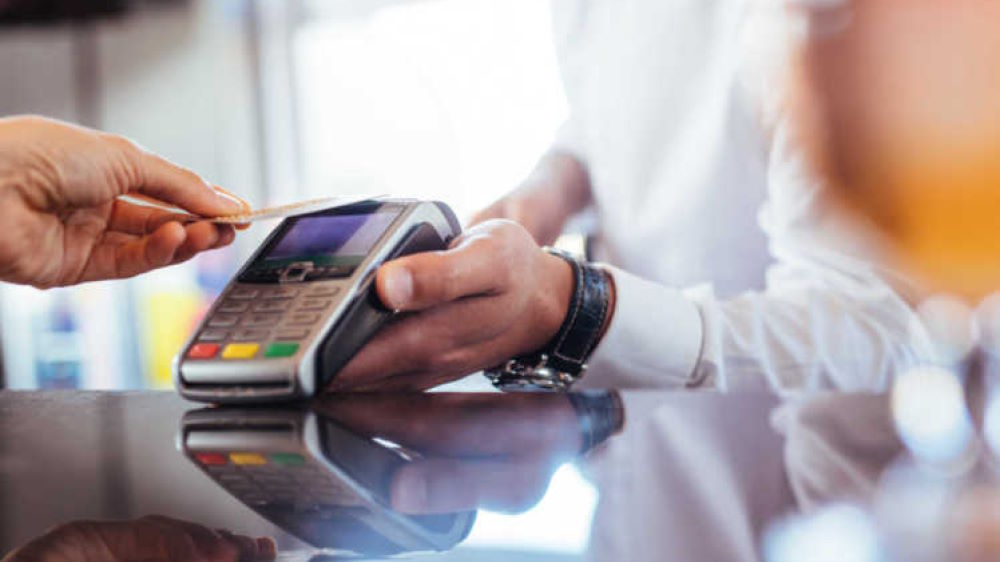
Every industry has its challenges. The payment industry is no exception, despite its breakneck speed of evolution.
- Data Security: Mobile and online payments are on the rise. These payment methods collect sensitive customer data, which means they become prime targets for cybercrimes, fraud, and hackers.
- Fraud Protection: As mentioned earlier, the nature of the sensitive payment data turns these data into targets for fraud. Data indicates that over 4.1 billion individuals globally used digital payments in 2017. The number of users in the digital payments market is forecasted to reach 6.1 billion by 2023, nearly 50% more compared to 2017. With such a large number of users, users, and sellers must take steps to prevent payment fraud. These include regular security audits or outsourcing to a third party to take care of the security systems. Users must also keep an eye out for unreliable online vendors.
- Processing Fees: Running a business comes with its fees. Fees for online payment solutions come in the form of setup fees, transaction fees, etc. They vary by payment service provider, location, currency, and transaction volume. However, these fees can be lowered if your business is smart (e.g., choosing the right pricing model).
- Regulations: There are numerous rules and regulations a payment process must comply with. This, again, depends on the country or industry. Businesses need to do their research carefully to make sure the laws and regulations of the target market are followed to avoid expensive financial penalties.
Top Payment Gateway Trends

Mobile Payments
In recent years, mobile digital wallets have become one of the most popular payment trends, as well as mobile app development trends. With mobile payment apps like Apple Pay, Samsung Pay, and Google Pay, the payment process can be completed with one simple touch on the glowing smartphone screen. Not only are mobile payments simple, but they are also convenient and secure.
Mobile payments have become especially pronounced during the pandemic, when contactless payments were recommended due to health concerns. Now that the pandemic has passed, the popularity of the frictionless payment method still continues to grow, with a majority of consumers having at least one type of digital wallet installed on their mobile devices. According to a Forbes survey, the majority of respondents (53%) say they use digital wallets more frequently than they do traditional payment methods. When compared to conventional payment methods, 47% of Americans claim that utilizing digital wallets results in higher spending.
Alternative Payment Methods
Alternative payment methods (APMs, for short) refer to any payment methodology that does not involve cash or a well-known international credit card company.
These can include domestic cards, cash-based vouchers, electronic wallets like Apple Pay or Google Pay, or bank transfers such as iDEAL (Netherlands) and POLi (Australia and New Zealand). Alternative online payment methods are more common than niche, and in many countries, they are the standard way of paying, especially online.
APMs can become tricky for international businesses that need to cater to various markets. They often need to use a number of different Payment Service Providers (PSPs). Therefore, in order to incorporate new digital payment solutions, sellers are relying more and more on solutions that combine several APMs and PSPs under a single Application Programming Interface (API). This allows them to meet the shifting market demand.
Buy Now, Pay Later
What is Buy Now, Pay Later? “Buy Now, Pay Later (BNPL)” is a term used to describe a payment plan that allows you to make a purchase, receive it immediately, and pay for it later, typically over a set period of time. Buy now, pay later is offered by most major retailers. Though this payment plan is a low-interest option, you are still incurring debt.
Adding buy now, pay later payment services has the potential to boost your revenue. According to McKinzey, 29 percent of respondents who used BNPL say they would have made a smaller purchase or not made a purchase at all if they had not had this financing option. Thirty-one percent say they used BNPL instead of a credit card, while another 39 percent say they used BNPL instead of cash or a debit card. Although BNPL might not be suitable for every business model, this payment plan is still becoming increasingly popular.
Enhanced Security Measurements and Biometric Verification
In the ecosystem of digital payments, financial institutions play a crucial role as middlemen, easing transactions between payment processors, merchants, and customers. Financial institutions are adapting their services to meet the changing demands of consumers and companies as the payments landscape changes.
Another evolution in the payments landscape is the measures to shield the user’s sensitive information during financial transactions. If you have used mobile and digital wallets, you are probably familiar with biometric authentication methods like facial identification or fingerprint recognition. This is to ensure there is an extra layer of security for the users.
Central Bank Digital Currencies (CBDCs)
Central bank digital currencies (CBDCs) are a form of digital currency issued by a central bank. The value of CBDCs is tied to the official currency of the issuing country. CBDCs are similar to - but distinct from - stablecoins. A stablecoin is a private, stable cryptocurrency that is tied to another currency, commodity, or financial instrument in order to stabilize its value over a period of time. Unlike cryptocurrencies (which are decentralized), CBDCs are issued and controlled by the state.
Examples of CBDCs are:
- China with its e-CNY money, which went live in April 2020 as a pilot program.
- Jamaica with the July 2022 launch of the JAM-DEX digital currency.
CBDCs entail a number of potential benefits, including heightened security, efficient cross-border transactions, and so on.
Integration of Blockchain and Cryptocurrencies
Due to the secure and transparent nature of blockchain along with cryptocurrencies - which offer a decentralized form of currency that can be used for transactions, blockchain has been on the rise in the payment industry. A number of large businesses, namely Microsoft and Burger King, have accepted cryptocurrencies like Bitcoin. Even though this technology is in its infancy, it has prompted the payment processing industry to evolve to meet the ever-changing consumer demands.
Last Note
As the payment gateway industry is continuously evolving, it is time for businesses to embrace the changes and seize the opportunities. In order to stay ahead of the curve in today’s increasingly narrow market, it is crucial to pair with the right technology solutions providers - like Orient Software - to catch up to the latest trends and seize the key to success. Hesitate no more. Come to us!

